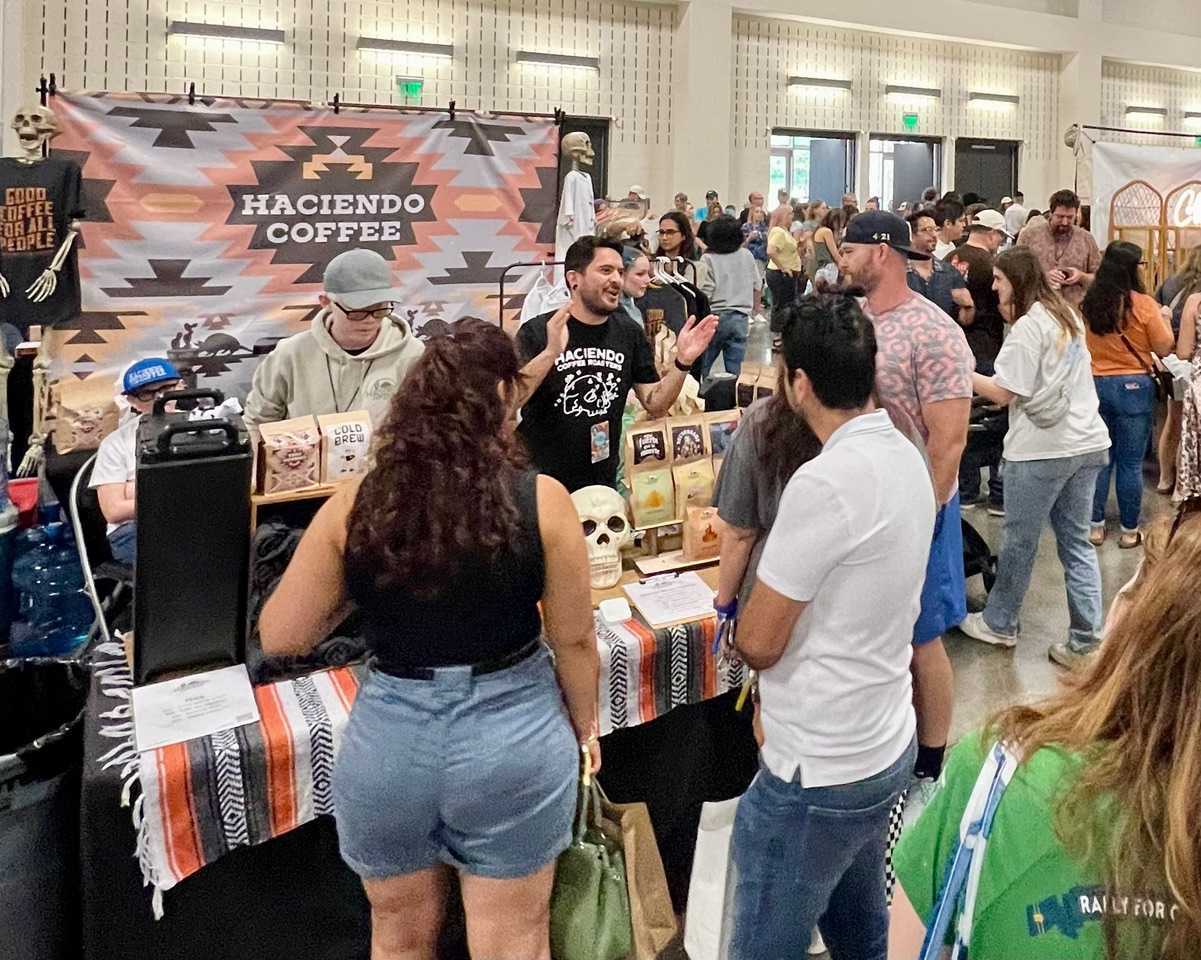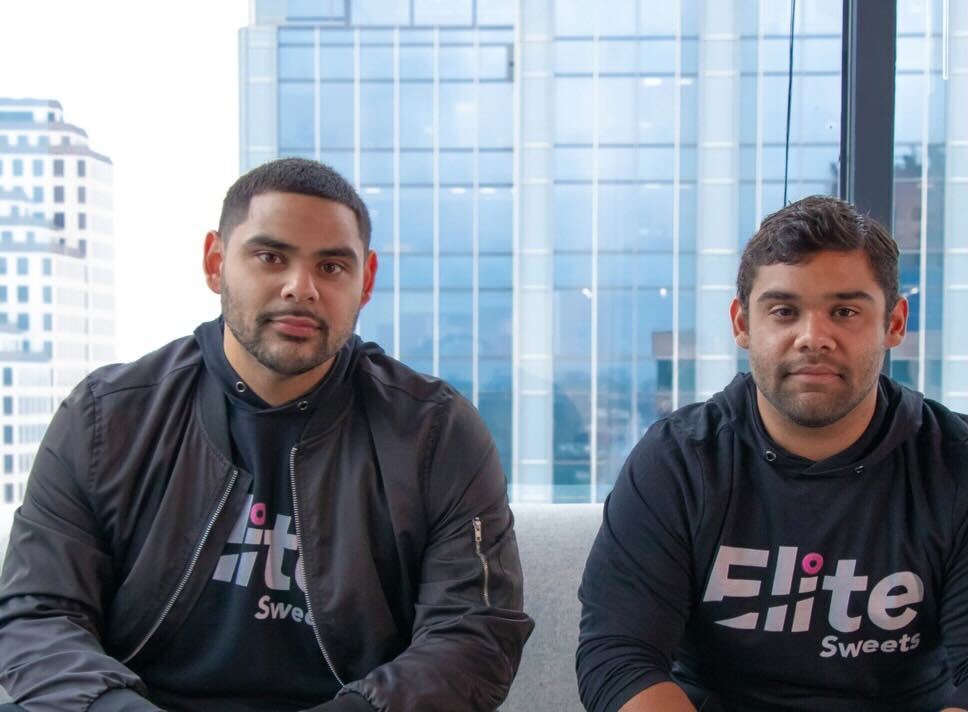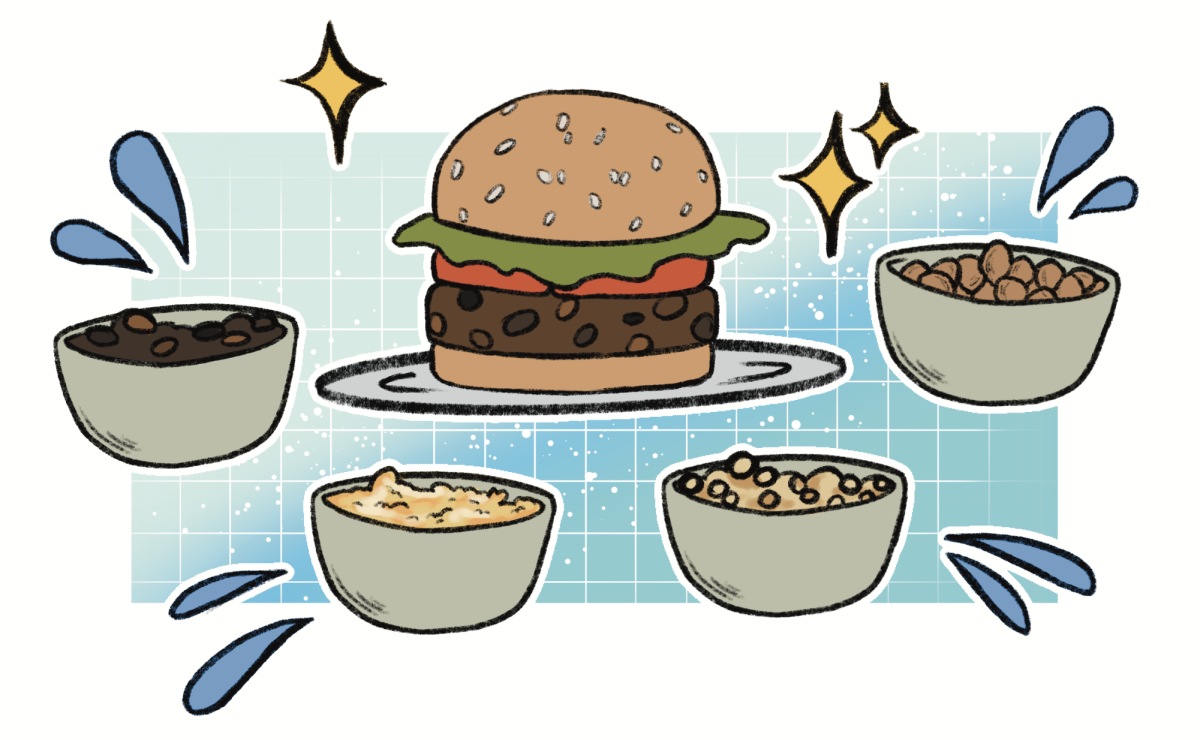Editor’s note: In this recurring column, science writer Robert Starr rounds up the previous week’s top science stories. Have a suggestion? Send a tweet to @RobertKStarr, and your link might appear in next week’s Science Buzz.
It’s been an exciting week for dinosaurs. Children love the Brontosaurus, but they soon grow up to learn that it’s not a real dinosaur. Scientists didn’t consider the dinosaur we usually call Brontosaurus as a distinct genus from another group already labeled Apatosaurus. But now we do. A group of scientists spent five years looking at specimens across 20 museums in the United States and Europe to determine that, yes, Virginia, Brontosaurus is a distinct group from Apatosaurus.
So keep your smart-aleck comments to yourself because Brontosaurus is real.
A different group of dinosaur hunters found a skull of a Daspletosaurus — a cousin species to Tyrannosaurus rex — with bite marks on it. Bite marks in fossils are rare but important because they provide insight into the behavior and diets of prehistoric animals. In this case, the bite marks appear to match the teeth of another Daspletosaurus, suggesting these animals fought viciously with each other.
Were these kissing cousins or biting cousins?
Love, security, money, a green card — these are all great reasons to get married. And now science has found another one: personal fitness. While previous research showed that people are more likely to drink or smoke if their partner does the same, a new study looked at whether spouses can encourage positive habits, such as weekly exercise routines. The results suggest they can.
The study looked at behavior over time and found that if a wife reported 150 minutes of weekly physical activity — as the U.S. Department of Health and Human Services recommends — in her first checkup, her husband would be 70 percent more likely to meet the requirement on a future visit. The influence of husbands on wives was lower — at only 40 percent — but still very promising.
Don’t just do it for yourself; do it for your spouse.
Do you reach for a Gatorade after the morning bicycle ride with your significant other? Or do you prefer water and a Powerbar? How about Whataburger? While most don’t consider fast food an appropriate option for post-workout recovery, new research suggests it may not be a bad idea. The study looked at cyclists who completed a workout and then followed it up with either a sports supplement designed for recovery or a small fast-food meal. There was no difference in blood glucose, insulin levels or glycogen response between the two groups.
But that’s just science mumbo jumbo.
The more important part is that, four hours later, cyclists rode for another 20 kilometers, and there was no difference in performance between the group that recovered with the sports supplements versus those that recovered with the fast food.
So after your next three-mile jog, treat yourself to a honey butter chicken biscuit.
Or maybe not.
A study out of Duke University found that college students who ate out were at a higher risk for high blood pressure. They also found that elevated blood pressure correlated with high body mass indicies, older ages and low physical activity. Male students were also more likely to have high blood pressure than their female counterparts.
But surely five minutes on the treadmill is enough to counteract lunch at DoubleDave’s.
Thanks for reading Science Buzz. Check back next Monday or check out last week's article for more!





















